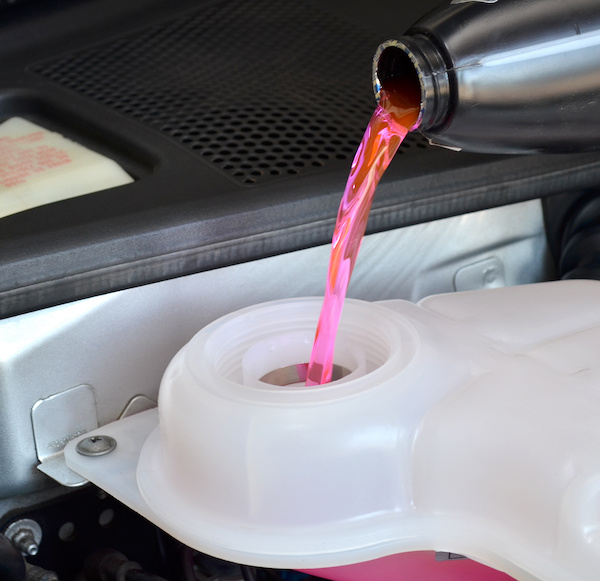
Every vehicle owner is responsible for ensuring the reliability and safety of their vehicle through preventive maintenance. Replacement of fluids is an essential component of routine maintenance.
Here is a discussion of the various lubricants for automobiles and the significance of replacing them.
Brake Fluid
Brake fluid is the hydraulic fluid that transfers force from the brake pedal to the braking shoes or pads. If the brake fluid is exposed to moisture for an extended period, its boiling point may drop, and its performance may suffer. It could result in diminished or failed stopping performance. Brake fluid should be flushed and replaced every two to three years or as the manufacturer recommends.
Power Steering Fluid
The power steering oil in your vehicle makes the steering wheel smoother. If dirt and other debris are in the fluid, your power steering system may wear out. Leaks of power steering fluid, whining sounds, and difficulty turning the steering column indicate that the fluid requires replacement.
Transmission Fluid
The Transmission fluid lubricates and cools its moving parts, contributing to its smooth operation. Transmission failure may occur if grime and other debris gradually contaminate the fluid. Slipping gears, difficult gear shifts, and an overheated engine indicate that the transmission oil needs replacing. Depending on your vehicle model, the transmission fluid should be flushed and replaced every 20,000 to 40,000 miles.
In conclusion, routine fluid exchanges or flushes are required to maintain your vehicle's performance and avoid costly repairs. Deferred maintenance can decrease efficiency, compromise vital components, and cause safety concerns.
When you bring your vehicle to Nortex Lube and Tune, our qualified mechanics will inspect it and provide you with maintenance recommendations to keep it operating smoothly and safely. If you need fluid services performed, don't hesitate to give our auto repair shop a call today!